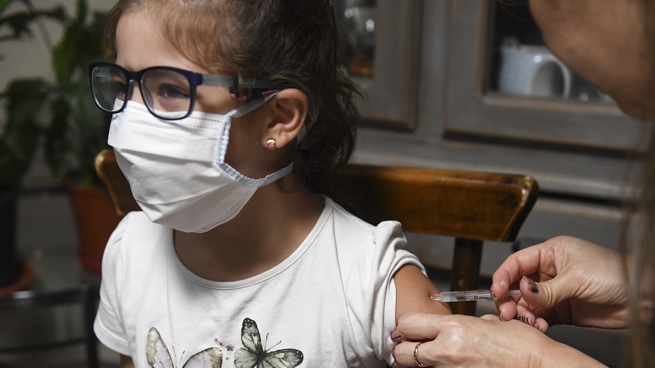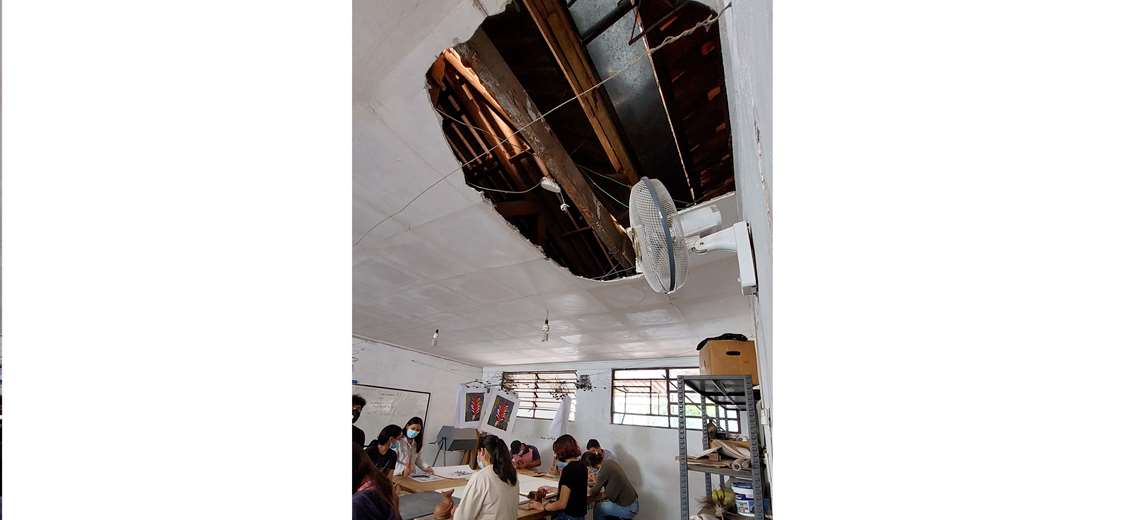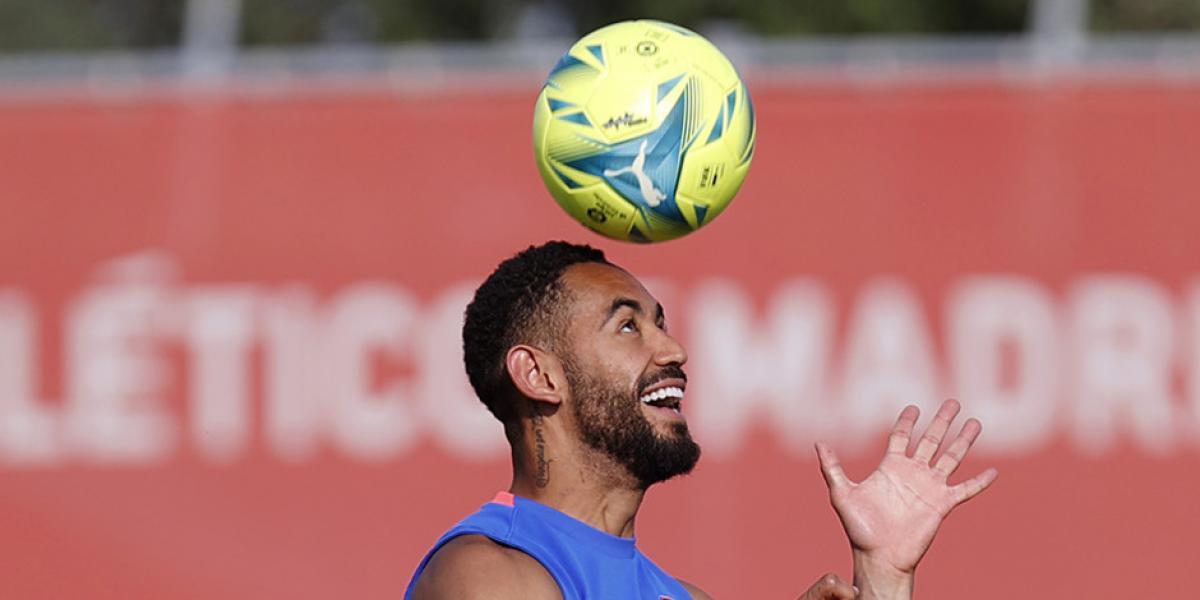The Ministers of Health from all over the country agreed this Tuesday to initiate the vaccination of Covid-19 reinforcement in children between 5 and 11 years old using those with an mRNA platform (Moderna and Pfizer), to be applied at least 120 days after completing the initial vaccination schedule, reported the Ministry of Health.
The decision to start applying the booster dose was agreed within the framework of the Federal Health Council (Cofesa) and, additionally, has the scientific support of the Argentine Pediatric Society (SAP).
“The measure received the scientific support of the Argentine Society of Pediatrics (SAP), an entity that in a meeting with authorities of the Ministry of Health of the Nation pointed out the importance of advancing in the reinforcement of vaccination in the child population aged 5 to 11 years. with RNA platforms”specified the portfolio.
In this sense, the specialists argued that “there is already enough information on the safety of these vaccines in girls and boys, and they gave the example of Chile and the United States, where progress has been made in the authorization of boosters for this population. “.
“There is a broad consensus on the need to advance with reinforcements since the effectiveness of primary schemes decreases over time, something that has been proven even in the pediatric population,” the Ministry of Health statement said.
In addition, the specialists indicated that the burden of Covid-19 disease in children “is not as mild as initially estimated, something observed particularly with the Omicron variant, and the possibility of cases with long-term sequelae has already been evidenced even in mild initial pictures”.
82% of the general population has the primary vaccination schedule against the disease, and 47.2% received booster doses, according to the Ministry of Health, but the children were not yet authorized to receive that reinforcement.
Meanwhile, a study by the Ministry of Health of the province of Buenos Aires revealed that the protection of a two-dose schedule of vaccines against hospitalization fell to 58% in children when Ómicron became the predominant variant.
In Argentina, 40,771,793 people were vaccinated; with two doses 37,428,003; with additional dose 3,026,213; and with the reinforcement 20,491,197 people, according to data from the Public Vaccination Monitor.
The Ministry of Health announced in October of last year the beginning of vaccination in children aged 3 to 11 throughout the country with the Sinopharm vaccine, which is an inactivated virus and is the most traditional platform with which vaccines are made. vaccines..
In January of this year, the National Administration of Medicines, Food and Medical Technology (Anmat) approved the vaccine against the coronavirus from the Pfizer laboratory for its application in children between 5 and 11 years of age, which in Argentina began to arrive in February with the name “Pediatric Pfizer” or Corminaty
Last March, the Ministry of Health announced that it was going to expand the use of the coronavirus vaccine made by the Moderna laboratory for children between 6 and 11 years of age.
According to specialists, children can get and transmit the virus like adults and, although it is true that most of them pass through Covid-19 asymptomatically or with mild symptomssome of them may have persistent symptoms
In addition, the coronavirus vaccine can be co-administered together with any other vaccine included in the National Vaccination Calendar, and can be applied on the same day or on different days, without requiring an interval between doses.
Children, if they have colds, can be vaccinated, but if they have fever, cough and/or muscle pain, coronavrus should be ruled out first and it is advisable to wait for recovery from the disease before receiving the vaccine.
Doctors don’t recommend giving kids a fever-reducing medicine before vaccination, but they are helpful in reducing side effects if they occur after vaccination.









